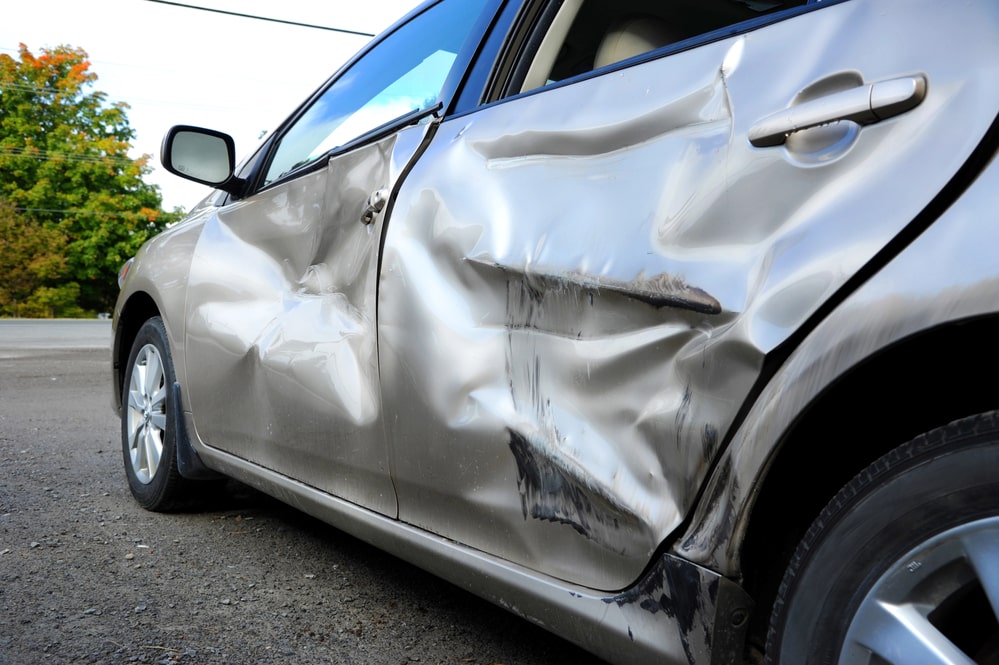Why You Need A Lawyer After A Collision
Posted by Gregory M. Rada | October 16, 2024 | Guest Blog
Car accidents are unexpected events that can have significant physical, emotional, and financial repercussions. Whether it’s a minor fender-bender or a severe collision, the aftermath often involves navigating complex legal and insurance processes. This is where a car accident lawyer becomes an invaluable ally, guiding you through the intricacies of the legal system and advocating for your rights.
Why You Need A Lawyer
- Expertise In Personal Injury Law: Accident lawyers specialize in personal injury cases related to vehicular accidents. They possess a deep understanding of traffic laws, insurance policies, and legal procedures, which is essential in building a strong case.
- Accurate Assessment Of Claims: Determining the true value of your claim involves more than just adding up medical bills. Lawyers consider factors like future medical expenses, loss of earnings, pain and suffering, and emotional distress to ensure you receive fair compensation.
- Negotiation With Insurance Companies: Insurance companies often aim to minimize payouts. A skilled lawyer negotiates on your behalf, handling all communications and pushing back against lowball settlement offers.
- Proving Liability: Establishing fault is crucial. Lawyers gather evidence, interview witnesses, and may collaborate with accident reconstruction experts to build a compelling case demonstrating the other party’s negligence.
- Legal Representation In Court: If a fair settlement cannot be reached, your lawyer can file a lawsuit and represent you in court, presenting evidence and arguing your case before a judge or jury.
The trauma of a car accident can also resurrect other traumas, and exacerbate post-traumatic stress. Because of this, it may be important to retain the help of an experienced attorney, letting your attorney be your advocate, so you can focus on getting the other help you need.
The Benefits Of A Lawyer
- Stress Reduction: Managing legal matters while recovering from an accident can be overwhelming. A lawyer handles the legal complexities, allowing you to focus on healing.
- Maximized Compensation: With professional representation, you’re more likely to receive a settlement that fully covers your losses, including non-economic damages like pain and suffering.
- Timely Filing Of Claims: Legal deadlines, known as statutes of limitations, restrict the time you have to file a claim as our friends at Garrett, Walker, Aycoth & Olson, Attorneys at Law can explain. A lawyer ensures all paperwork is filed correctly and promptly.
- Contingency Fee Basis: Many lawyers work on a contingency fee, meaning they only get paid if you win your case. This arrangement makes legal services accessible without upfront costs.
Choose The Right Lawyer
- Experience And Track Record: Look for a lawyer with a proven history of handling car accident cases successfully.
- Client Testimonials: Reviews and testimonials can provide insight into a lawyer’s professionalism and effectiveness.
- Communication Skills: Your lawyer should communicate clearly, keeping you informed about your case’s progress and answering any questions you may have.
- Resources: A well-established lawyer or firm will have the resources to thoroughly investigate your case.
Steps To Take After A Car Accident
- Ensure Safety: Check for injuries and call emergency services if necessary.
- Document the Scene: Take photos, gather contact information from other parties and witnesses.
- Notify Authorities: File a police report to have an official record of the incident.
- Seek Medical Attention: Even if injuries seem minor, a medical evaluation is crucial.
- Consult A Lawyer: Before speaking with insurance companies, get legal advice to protect your interests.
A car accident can be a life-altering event, but you don’t have to navigate its challenges alone. A lawyer provides the expertise, support, and advocacy needed to ensure your rights are protected and that you receive the compensation you deserve. By handling the legal complexities, they allow you to focus on recovery and moving forward with your life.








